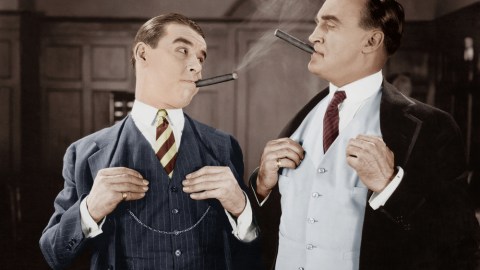How Income Disparities Affect Your Friendships

What’s the Latest?
Income inequality has a stronger presence in the American social conscience today than it has had since the Gilded Age of the late 1800s, and social scientists say there is more than money at stake. How much you can dish out for entertainment, dinner, or drinks can determine how you spend time with your friends. “When people with money are friends with people of modest means the disparities don’t typically end with the bank accounts. One person in the friendship often feels less comfortable than the other, and it tends to be the one with less money.” Horst Heidbrink, a German psychology professor, said: “It doesn’t disturb the rich ones to pay.”
What’s the Big Idea?
Aristotle defined three kinds of friendships: one based on utility, another based on pleasure, and a third kind based on the sincere desire for the other’s wellbeing. In order to achieve this third kind, which stands the best chance of lasting over time, it’s important to have open discussions about the differences in the relationship. If you can talk with your friend about income differences, it is very possible for the friendship to last. In a study completed in 2014, “forty-four percent of respondents said they had friends who were considerably better off than they were. And 41% said they were friends with people who were considerably less well off than they were.”




